Should You Brush Your Teeth Before or After Breakfast?

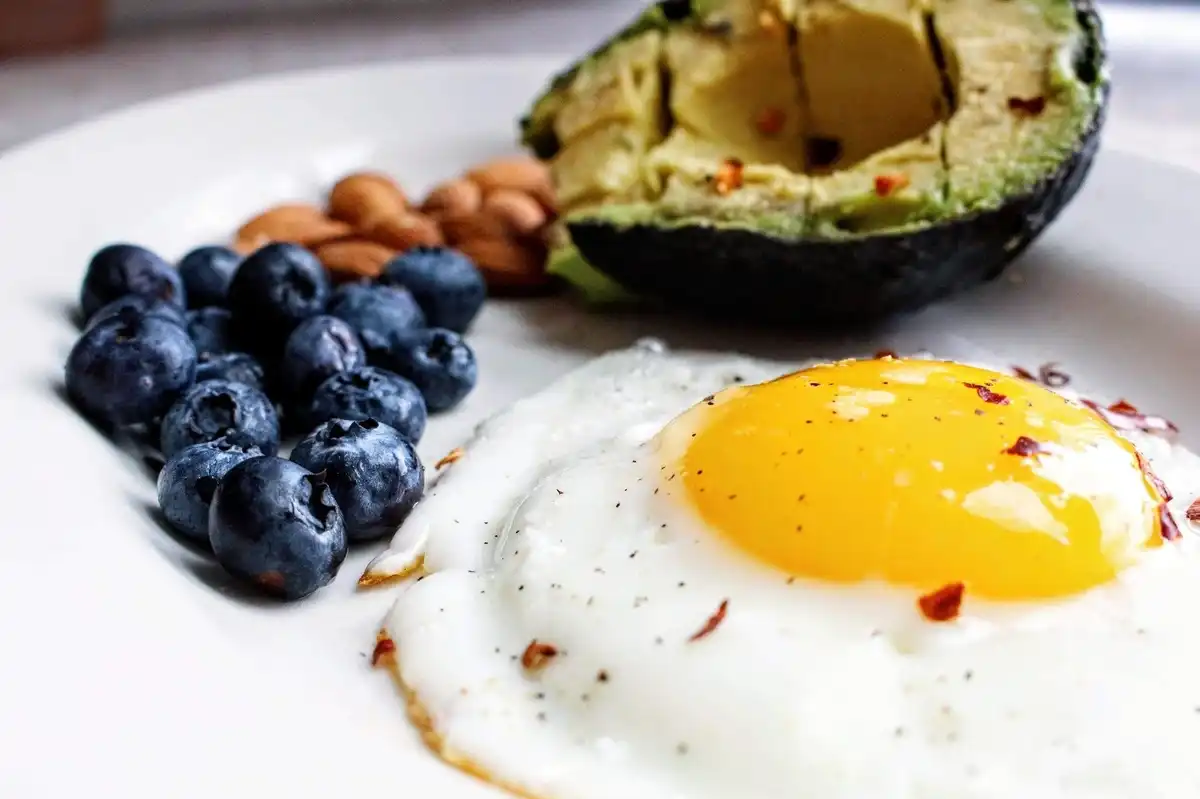
You probably knew that you need to brush your teeth twice a day. But did you know: There’s a debate about whether it’s better to brush your teeth right after you wake up (before breakfast) or to brush them after you eat? And depending on who you ask, you’ll get a different answer. The best time to brush teeth can depend on plaque levels in your mouth, when you last ate, and what your cavity risk is like. Brushing teeth before or after breakfast might not matter to some people, but if you want to get picky, one way might be better than the other. https://youtube.com/embed/https://youtu.be/kc7j8yGBMr8
Brushing Before Or After Breakfast
Why does it matter to choose the best time to brush teeth? It all boils down to plaque and acid byproducts. When you brush your teeth first thing in the morning — before breakfast — you’re removing plaque biofilm that accumulated while you were sleeping. Since plaque uses the foods you eat to produce more bacteria and acid byproducts, eating with plaque on your teeth can, technically, increase your risk of tooth enamel demineralization and cavities. And, it helps get rid of that nasty morning breath!
On the other hand, a lot of people prefer to wait to brush their teeth after they eat breakfast, so that they can clean the food off of their teeth too. The only problem to keep in mind is that you don’t want to brush your teeth right after you eat because if you do, it can scrub around any acids that are in your mouth. As long as you’re not at a high risk for cavities and you have time to let the acids neutralize, it probably won’t be a problem to just wait to brush your teeth after you eat.
The American Dental Association recommends waiting at least 30 minutes after eating or drinking acidic foods or drinks. If you've had something acidic like orange juice, it's best to wait 60 minutes.
But if you do have a history of frequent decay and you’re in a rush, it’s probably best to brush right when you wake up.
Best Time To Brush Teeth
How do you decide which is better: brushing teeth before or after breakfast? Ultimately, the best time to brush teeth is whenever you can do it, as long as you’re brushing at least twice a day.
If you’d really like to go above and beyond when it comes to plaque control, there’s another option to consider: brushing your teeth right when you wake up, eating breakfast, then brushing again afterward. Taking this approach does require a bit more time, but you’re limiting plaque buildup, acid erosion, and food debris left on your teeth in the day ahead.
Don’t Brush Immediately After Eating
Any time you eat or drink something, the food particles and ingredients combine with the natural bacteria in your mouth. In turn, those harmful bacteria secrete an acid byproduct. The acid can etch your tooth enamel, which is why frequent snacking throughout the day is considered a major risk for tooth decay.
If you just ate, don’t rush off to brush your teeth. The best time to brush teeth is at least a half-hour after you eat. So, give yourself some time.
Tooth Enamel Damaging Foods If Brushed Immediately
Orange Juice
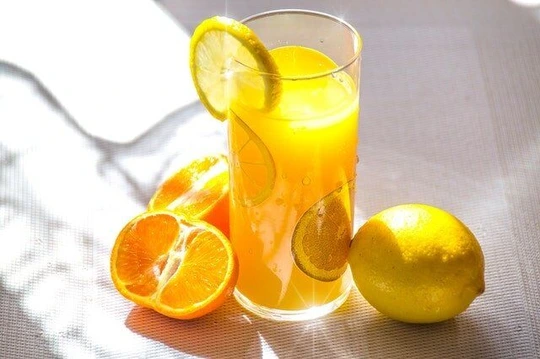
OJ is acidic. And as a liquid, it essentially coats all your teeth every time you take a big drink. The acids can flow throughout your mouth, making brushing immediately after breakfast a bad choice. Plus, most fruit juices also contain added sugars or sweeteners, which increase acid production.
Citrus Fruit
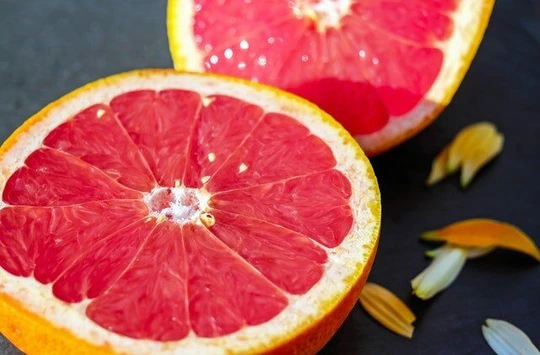
If you like grapefruit or other citrus fruits, eating them is similar to drinking orange juice. You need to wait at least 30 minutes before brushing. If you can’t, consider brushing before breakfast.
Dried Fruit
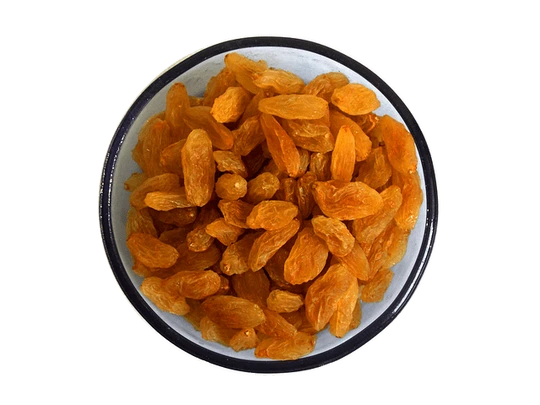
Love putting dried fruit in your granola, yogurt, or oatmeal? Dried fruit is fairly sticky and can adhere to your teeth when you chew them. That means longer acid exposure in those areas.
Bread And Pastries
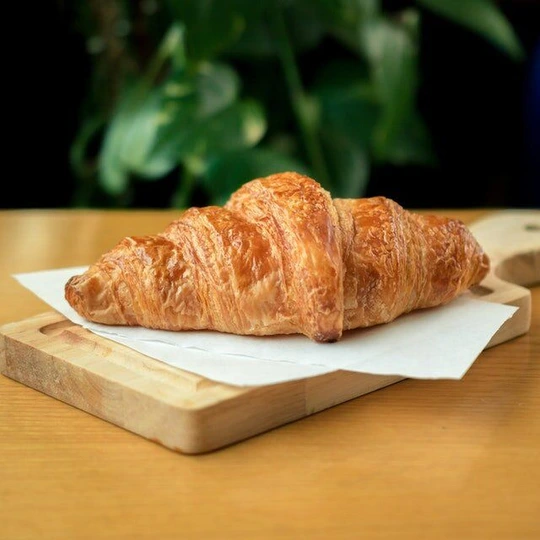
How To Properly Brush Your Teeth
Brush your teeth immediately after you wake up (before breakfast) or at least 30 minutes after breakfast. For your morning routine, remember that if you're brushing your teeth later in the day or in the evening, you should wait at least half an hour after eating before you brush.
Use a pea-sized amount of fluoride toothpaste and brush with short strokes on just 1-2 teeth at a time. Try to angle the bristles toward the gumlines, gently stimulating your gums as you clean your teeth. After making your way across all the outside and inside surfaces, go back and brush the chewing surfaces of all back teeth.
Most of us brush too quickly, rushing through our normal routine. Ideally, for the best plaque removal possible, you want to brush for a minimum of two minutes each time. That’s 30 seconds per quadrant (1/4) of your mouth. If you have an electric toothbrush, it might even have a timer built into it to help you stay on track. Otherwise consider having a clock in your bathroom, setting a timer, or playing a short song on your phone.
While manual toothbrushes are perfectly acceptable, investing in an electric model can help even more.
Pro Tip: Chew sugar-free gum throughout your day. Chewing sugar-free gum is beneficial for your teeth as it helps produce more saliva. Saliva keeps your mouth clean, combats germs, and prevents cavities. Sugar-free gum doesn't feed the harmful bacteria in your mouth like regular gum does, and it can even help clean your teeth and freshen your breath.
Proper Flossing
Flossing cleans the spaces between teeth and under the gumlines where a toothbrush cannot reach. To effectively floss, you need to curve the string tightly against the tooth in a “C” shape, rubbing up and down each side several times. Gently slip just below the edges of the gums as well, then lift the floss over the gums and move to the next tooth. Repeat this process on each tooth, including behind the back teeth in your mouth.
It’s important to floss at least once a day. Since plaque bacteria take about 24 hours to calcify into tartar, it’s crucial to physically disrupt the buildup before it has a chance to harden. As long as you’re flossing each day, you should be able to limit tartar buildup and cavities between your teeth.
If flossing is a challenge, you may want to consider using a water flosser. Water flossers — such as Waterpiks — can reach deep between teeth, under gums, around bridges, and places flossing sometimes can’t. While it takes a little time to adjust to, a lot of people who switch to water flossing never go back to traditional floss.
When To Use Mouth Rinse
Here’s some great news: you can rinse your teeth anytime, regardless of when or what you’ve eaten. A great way to neutralize acids in your mouth is to rinse with water after meals or throughout the day. Or if you like, you can also use a mouth rinse. Antimicrobial mouth rinse does help with plaque, but it doesn’t remove all of it and it’s not a substitute for brushing. You still need to physically clean away plaque and food with a toothbrush and floss.
Technically speaking, the best time to use mouth rinse is after you brush, so that it has full contact with your teeth. Using it before bedtime is especially beneficial, particularly if it contains fluoride. That way it can set on your teeth for better mineral uptake and tooth enamel absorption.
To Brush Before Or After Breakfast
Which is better: brushing teeth before or after breakfast? It depends on who you ask. Brushing before still leaves food in your mouth. Brushing after means you run the risk of more acid exposure. If you really want the best of both worlds, you’ll brush before eating and 30 minutes afterward! It’s ok to be an overachiever sometimes. But bottom line, the best time to brush teeth is whenever you can, as long as you’re brushing at least twice a day, minimum.

Make your inbox smile!
Subscribe






